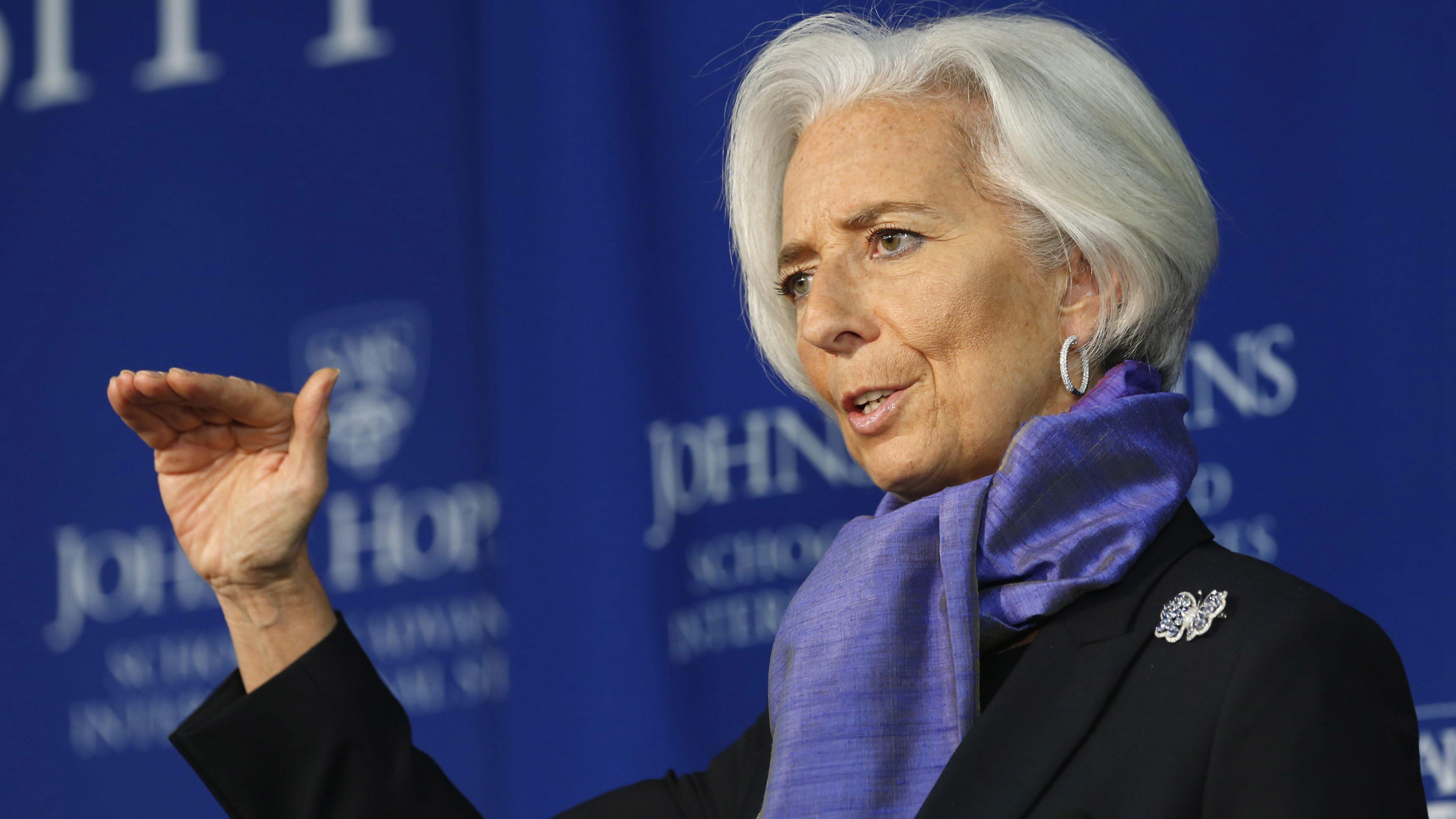
Business
11:28, 12-Oct-2017
IMF raises China growth forecast for 2017
CGTN

The International Monetary Fund (IMF) raised its forecast for China’s economic growth to 6.8 percent for the year, a move that the lender attributes to strong recorded growth in the first half.
At the same time, it warned of risks stemming from the build-up of debt in the world's second-largest economy.
US experts say this also reflects the nation’s progress trimming financial risks and deepening economic reform.
In its latest World Economic Outlook released Tuesday, the IMF expected the Chinese economy to grow 6.8 percent this year and 6.5 percent next year, both 0.1 percentage point higher than its previous forecast in July.
"The growth rate is wonderful compared to the growth of many other countries," Farok Contractor, a distinguished professor at Rutgers Business School, told Xinhua on Tuesday.
"Of course it has come down from the previous eight or ten percent, but that is still a very healthy growth rate, and that should be the envy of any other country in the world," he said.
The upward revision to the 2017 forecast reflects "the stronger-than-expected outturn in the first half of the year underpinned by previous policy easing and supply-side reforms,” the Washington-based organization said in its report.
"There have been a lot of achievements in economic management in China...I would say that the 6 percent path the China is on will be sustained for quite some time now," Contractor noted.
In the past few years, China has been intensifying its efforts to trim financial risks and shift the economy from large-scale stimulus towards consumption, services, and innovation.
Analysts said such structural reforms could help the country to maintain a more sustainable economic growth in the long run.
Paul Sheard, executive vice president and chief economist of S&P Global, told Xinhua in a recent interview that China's credit-fueled infrastructure and residential housing investment in the past decade led to a build-up of debt and credit in the economy, which is why economic reforms are critical.
China has adopted a range of measures to manage debt risks and push forward reform in recent years, including introducing a new high-level committee on financial stability and development in July.
Stephen Roach, a senior fellow at Yale University and former chairman of Morgan Stanley Asia, lauded Chinese government's determination to reduce financial risks.
"China's central bank, the China Banking Regulatory Commission, and the State Council have all taken explicit actions in 2017 to reduce the expansion of debt -- especially the mounting indebtedness of state-owned enterprises," said Roach in a recent interview with Xinhua.
China's economy expanded 6.9 percent in the first half of 2017, with consumption and services, and new innovation-driven economic sectors taking up larger roles, according to data from the National Bureau of Statistics.
Source(s): Xinhua News Agency

SITEMAP
Copyright © 2018 CGTN. Beijing ICP prepared NO.16065310-3
Copyright © 2018 CGTN. Beijing ICP prepared NO.16065310-3